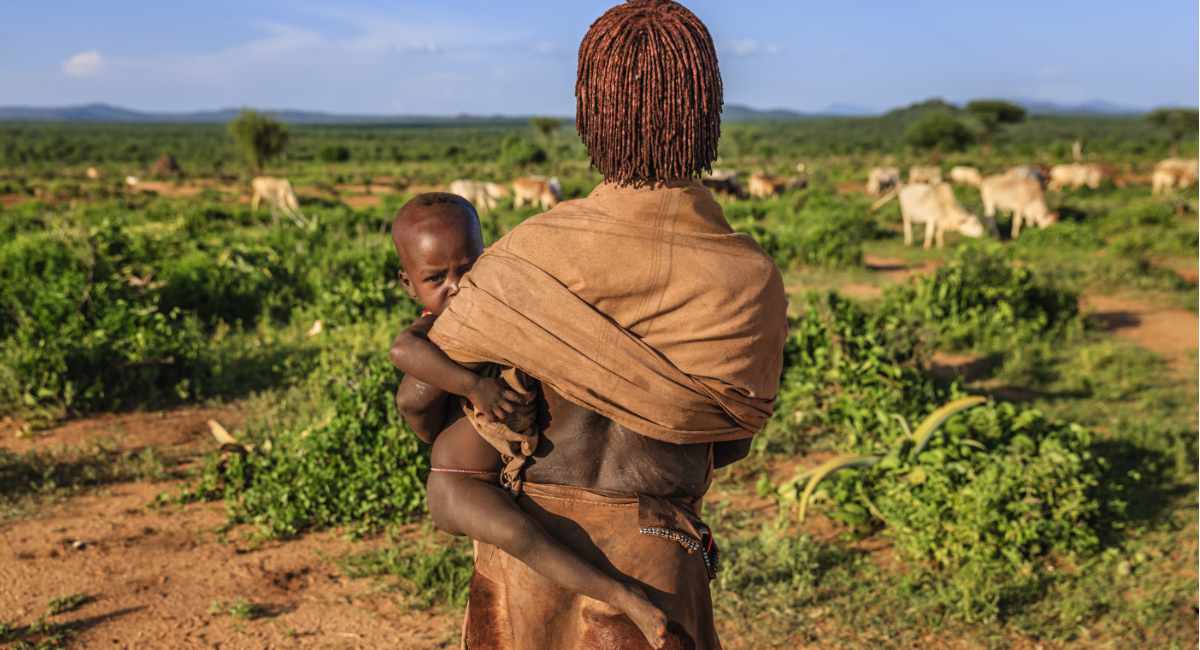Abortion has increasingly been promoted in African nations by Western countries and organizations, many of which claim it will solve any number of problems: poverty, child mortality, maternal mortality, and more. Yet abortion solves none of these problems — something that African nations like Ethiopia are finding out firsthand.
Michael Cook at Bioedge highlighted a recent study published in the Ethiopian Medical Journal by Calum Miller, an Oxford ethicist and doctor. “Abortion was legalised in Ethiopia in 2005 as a means of reducing maternal mortality from abortion as well as more generally,” Miller began. “Although abortion was not legalised on demand, it was legalised on broad socio-economic grounds: the Center for Reproductive Rights place it in the same category as the UK and Finland which, while not strictly allowing abortion on demand, do allow something close to that in practice.”
Yet, as Miller pointed out, maternal mortality rates had already been falling before Ethiopia legalized abortion. The data includes deaths from abortion. “This is in line with the experience of almost all developed countries, in which deaths from abortion fell to very low levels before abortion was legalised, as a result of safer illegal methods and better post-abortion care,” Miller continued.
Did maternal mortality rates continue to fall after abortion’s legalization? No.
Instead, Miller found that “[i]t is even possible, in light of evidence below, that it increased … the proportion of maternal deaths attributable to abortion in Ethiopia is comparable to, if not higher than, other countries in East Africa with more restrictive laws.”
READ: Ten-year study shows legalized abortion does not improve maternal mortality
Furthermore, Ethiopia saw maternal morbidity rates increase, with an increasing number of abortions as well:
Over the period of legalisation, the proportion of women with septic shock more than doubled, with the same result for organ failure. The proportion admitted to intensive care nearly tripled. Between 2008 and 2014, the percentage of women receiving post-abortion care who have severe complications increased by over 50%, from 7% to 11%. During this time, the proportion of women presenting with organ failure quadrupled, the proportion with peritonitis quintupled, and the proportion with shock nearly doubled.
Overall, complications doubled between 2008 and 2014, from 53,000 to 104,000. This is despite greatly improved reproductive healthcare, increased contraception, and ‘major progress’ in safe abortion provision. Only a small proportion of this can be attributed to population growth.
Ultimately, Miller wrote that the promise of abortion as a silver bullet to solve all the problems of women in Ethiopia failed to materialize.
“Rather than being a silver bullet to reduce deaths from abortion, abortion legalisation has resulted in a vast increase in the number of abortions, without any appreciable decrease in abortion mortality or maternal mortality,” he said. “There is some evidence mortality, and certainly morbidity, have even increased since legalisation. Ethiopia’s progress in reducing maternal deaths has been considerably less than expected, especially with respect to abortion.”
African nations frequently find themselves recipients of aid from western nations and organizations, but only with strings attached — demanding these countries increase access to birth control and abortion. What women in Africa actually want and need is ignored.
“None of the women are telling me how much they want contraception. None of them are telling me how much they want abortion,” Obianuju Ekeocha, an African scientist and activist, said in her documentary covering the issue. “Every time I’m speaking with, especially, young African girls, they tell me that some of them want to be doctors. They want to go to med school, they want to go to law school, they want to go to engineering school. These are the dreams that I hear the African girls speaking about.”
“Like” Live Action News on Facebook for more pro-life news and commentary!







